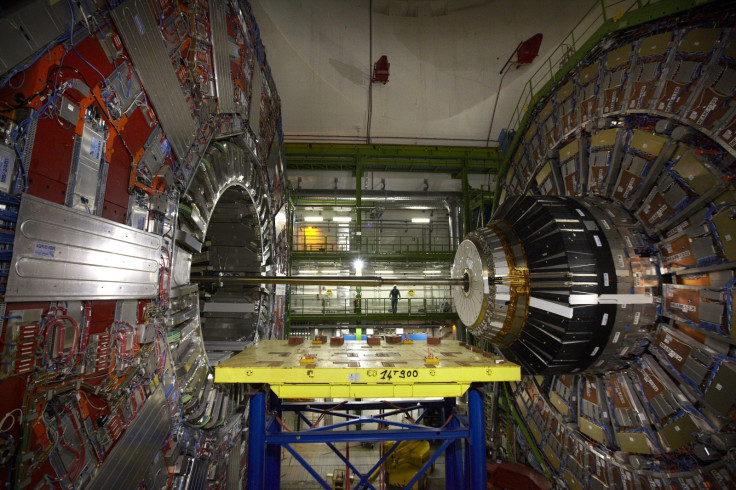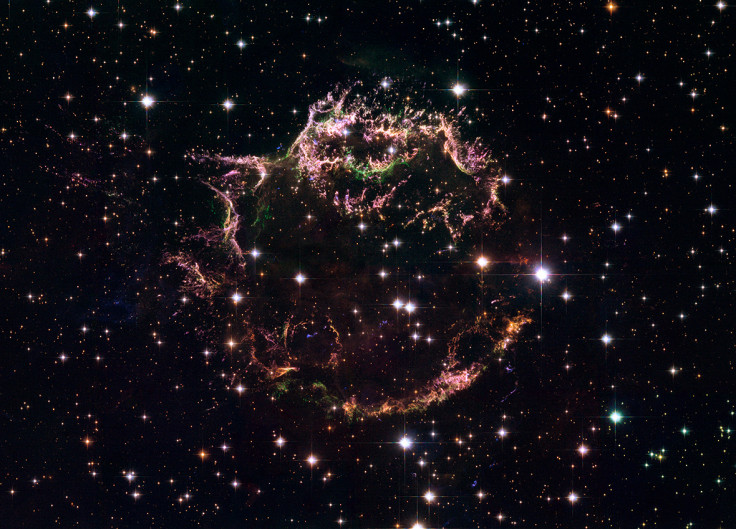Cern LHC experiment suggests the universe is left-handed

The universe appears to be left-handed, showing a preference for this direction in the way a particle spins as it decays. Scientists using CERN's Large Hadron Collider (LHC) were looking at the behaviour of a specific particle - lambda b baryon - as it decayed via weak nuclear force, one of the four fundamental forces in the universe.
The team, from the LHCb Collaboration, were looking to find out how the weak force decays this particle into lighter particles in order to better understand the behaviour of matter in the universe and the nature of dark energy. Ulrik Egede, from Imperial College London's Department of Physics, explained the 'handedness' of the universe together with differences between matter and antimatter is fundamental to understanding how the universe evolved.
Within lambda b baryon particles are smaller elements called quarks. The scientists were looking to see how the beauty quark (or b quark) decays into another type of quark called an up quark. Measurements showed that the decay only occurs when the b quark is in a left-handed spin (vector minus axial-vector).

Egede said: "Our results show that the decay does indeed behave in a left-handed way. Because the weak force is the only one of the fundamental forces to distinguish between right and left, we can also say that the universe has a left-handed bias.
"Although this left-handedness is predicted by the widely accepted Standard Model of physics, it has also been refuted by some physicists in recent years. We now need to explore other decays to understand why past measurements gave inconsistent results with a purely left-handed decay."
In the past, scientists had suggested if right-handed quarks were involved in decay as well, this would suggest other forces are at work in the universe on top of the four fundamental forces in the universe - gravity, electromagnetism, weak nuclear, and strong nuclear.
The findings, published in the journal Nature Physics, show any new fundamental force that is right-handed (vector plus axial-vector) is not involved in decay. Greig Cowan, co-author on the paper, said: "Our results show a clear left-handed bias, which pulls us away from this line of enquiry and indicates that we need to look elsewhere to answer these fundamental questions about the universe."
© Copyright IBTimes 2025. All rights reserved.






















